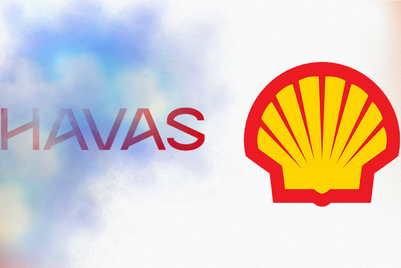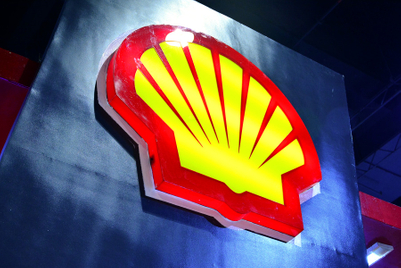
Shell has started a search for a global PR agency partner, according to documents seen by PRWeek.
The energy giant is seeking a “long-term relationship” with an agency that has capabilities including corporate comms, public affairs, crisis and issues management, executive visibility and thought leadership, influencer management, advocacy and consumer PR.
Additional key services sought include media training and relations, employee engagement, event and hospitality support, media partnerships management and content creation and management, according to the documents.
The selected agency partner will have a global presence and ability to support Shell across markets and lines of business in EMEA, APAC and the Americas, focusing primarily on the U.S., the U.K., the Netherlands, China and Canada.
While audiences will differ based on objectives, consumer and corporate PR targets will generally range from B2C and B2B customers, employees and special publics, the documents show.
Budget details were not disclosed. The documents stated that the spend per market will “defer based on the local requirements” and Shell’s presence in a market, noting that there are both established and growing regions.
“We are looking for an agency and model that can support both large, global and local annual scopes, as well as ad hoc local briefs,” the documents state.
The company’s global PR tender will have RFI and RFP stages. The RFI is scheduled to be sent out this week, according to the documents, with only “successful” candidates moving forward to the second phase.
Shell said it expects its global PR search to be completed by February or March of next year.
Three major agency holding companies—WPP (55), Omnicom Group (39) and Interpublic Group (25)—have a combined 119 active or recent contracts with fossil-fuel companies, according to environmental advocacy group Clean Creatives’ 2023 F-List. PR agencies Edelman, Hill+Knowlton Strategies and Weber Shandwick are listed as actively or recently having worked with Shell, according to the report.
In September, Shell appointed Havas Media as its global B2C strategic media buying agency after a three-month-long review. The deal, effective January 2024, sparked protests from climate activists, with calls for Havas to lose its B Corp status, according to numerous reports.
Clean Creatives executive director Duncan Meisel told Campaign Asia, that Havas took “a huge step backward” and damaged its work to “distinguish itself as a sustainability and purpose leader in the ad industry.”
The Fossil Fuel Treaty Initiative, a campaign to end coal, oil and gas exploration and encourage transition to renewable energy sources, subsequently terminated its contract with PR shop Red Havas, one of Havas Media’s sister agencies.
(This article first appeared on PRWeek.com)


.jpg&h=334&w=500&q=100&v=20250320&c=1)
.jpg&h=334&w=500&q=100&v=20250320&c=1)
.jpg&h=334&w=500&q=100&v=20250320&c=1)




.jpg&h=334&w=500&q=100&v=20250320&c=1)







.jpg&h=268&w=401&q=100&v=20250320&c=1)


